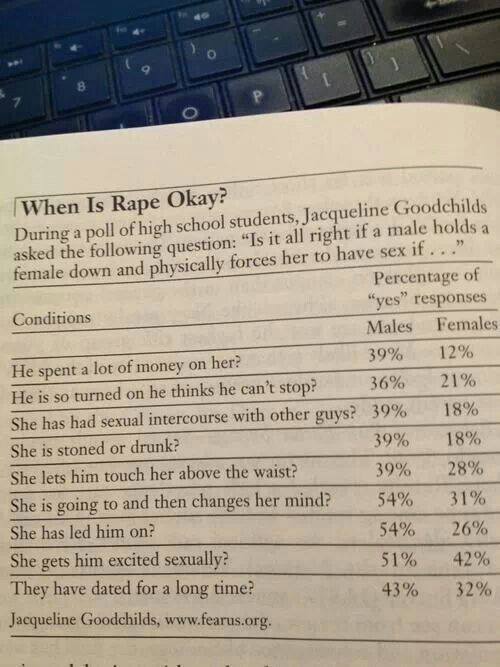Xavier Di Petta and Kyle Cameron are 17 and 19 years old, and they’re making very good money out of Twitter. $44,000 a month? On Twitter? Tell me your one weird tip for doing this, please.
They met hustling on YouTube when they were 13 and 15, respectively, and they’ve been doing social media things together (off and on) since. They’ve built YouTube accounts, making money off advertising. They created Facebook pages such as "Long romantic walks to the fridge," which garnered more than 10 million Likes, and sold them off. More recently, Di Petta’s company, Swift Fox Labs, has hired a dozen employees, and can bring in, according to an Australian news story, 50,000 Australian dollars a month (or roughly 43,800 USD at current exchange rates).
But @HistoryInPics may be the duo’s biggest creation. In the last three months, this account, which tweets photographs of the past with one-line descriptions, has added more than 500,000 followers to bring their total to 890,000 followers. (The account was only established in July of 2013.) If the trend line continues, they’ll hit a million followers next month.
OK, but how? They’ve got several twitter accounts that regularly post popular material, and they build up the stats and then sell them off. I don’t even understand the business of selling twitter accounts — doesn’t it mean that the personal nature of the account is completely missing?
It’s not just @HistoryInPics, either. They’re also behind @EarthPix, which has similarly staggering stats, and several comedy accounts that they’re in the process of selling that I agreed not to disclose. They’ve got at least five accounts with hundreds of thousands of followers and engagement metrics that any media company would kill for right now.
How do they do it? Once they had one account with some followers, they used it to promote other ones that could capitalize on trends they saw in social-media sharing. “We normally identify trends (or create them haha). We then turn them into a Twitter account,” Di Petta said in an IM conversation. “Share them on established pages, and after 50,000 – 100,000 followers they’ve gained enough momentum to become ‘viral’ without further promotion.”
Huh? I have 140,000 followers on twitter right now! Time to take over the world!
Except…as the story goes on, it becomes quite clear that the secret of their success is parasitism. They don’t actually create any content: they just monetize this abstract entity called ‘traffic’, and yes, they do create traffic. But the way they do it is to steal photographs taken by talented photographers and dump them at regular intervals on twitter without attribution, and most importantly, without paying their content creators. If they actually had to make micropayments to the people who provide the material that drives interest and builds the traffic they’re selling, their profits would take a nosedive.
They can’t even be bothered to acknowledge who created the images.
“It would not be practical,” he said. “The majority of the photographers are deceased. Or hard to find who took the images.”
One writer took the time to track down the names of the photographers for a couple of the images they used: it took four minutes. I don’t think their profit margins are so thin that they can’t do that.
I can sort of see the temptation. Use Google’s image search, and it dumps thousands of images on any topic right into your lap, and some of them are so ubiquitous, have so many sources, that it’s hard to trace them back to the one original source. I’ve used ‘generic’ images myself, but I’ve been trying hard to include source information for most of them nowadays — all the Friday Cephalopods, for instance, get a link to the photographer or online source.
I guess I’m going to have to give up my idea of getting rich off my twitter account. All it contains are my words, rather than the art and information at high density produced by swarms of unsourced, talented people around the world. Darn it.


